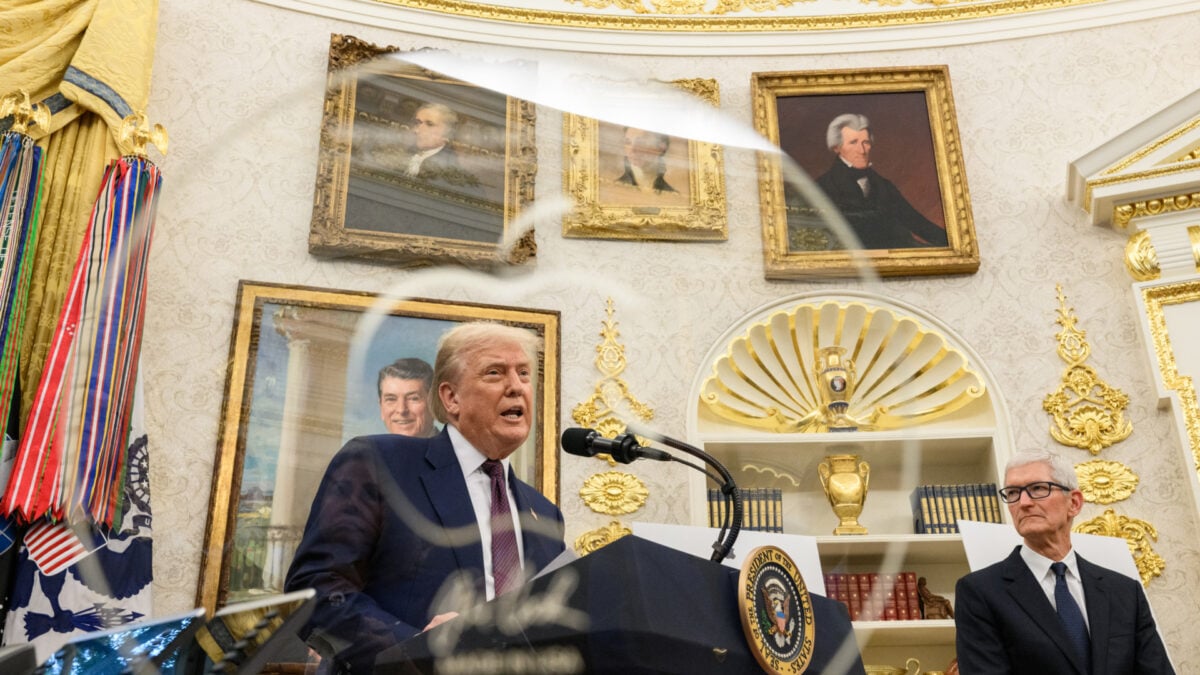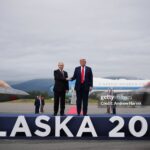A confidential White House spreadsheet has surfaced, reportedly ranking more than 500 U.S. companies and trade organisations based on their loyalty to President Donald Trump and his flagship economic agenda.
According to sources familiar with the document, the ranking grades businesses as strong, moderate, or low supporters depending on how actively they promote the administration’s policies, particularly Trump’s “One Big Beautiful Bill” (OB3) — a sweeping tax and spending package.
How the Loyalty Score Works
The scorecard reportedly takes into account:
- Public advocacy — including social media posts, advertising campaigns, and official press releases.
- Corporate engagement — such as attendance at White House events, video testimonials, or promotional support.
- Policy alignment — direct endorsements of OB3’s benefits, like Uber’s vocal praise for the “no tax on tips” proposal.
A senior White House official described the system as a way to “see who really goes out and helps versus those who just pay lip service.”
Winners and Losers
Companies said to have scored highly include:
- DoorDash
- United Airlines & Delta Airlines
- Uber
- AT&T & Cisco
- Steel Manufacturers Association
These corporations were praised for highlighting tax incentives, manufacturing investment boosts, and infrastructure spending tied to OB3. For example, Airlines for America lauded the law’s $12.5 billion investment in air traffic control upgrades.
By contrast, industries critical of Trump’s rollback of green incentives — notably renewable energy firms — are believed to have received lower marks.
Trump vs. Wall Street
The spreadsheet also comes amid renewed clashes between Trump and major banks. The president publicly mocked Goldman Sachs CEO David Solomon, saying he should focus on being a DJ rather than “bother running a major financial institution.” Trump has also accused JPMorgan Chase and Bank of America of refusing to accept deposits linked to his administration, prompting an executive order barring banks from discriminating against clients on political grounds.

Corporate Concessions
The White House’s loyalty ledger is part of a broader strategy to pressure corporate America into aligning with Trump’s economic nationalism. Recent deals underscore this trend:
- Nvidia agreed to hand the U.S. government 15% of its China revenues in exchange for renewed export licenses.
- Apple pledged to invest $100 billion in U.S. manufacturing to avoid threatened 100% tariffs on imported microchips. CEO Tim Cook reportedly gifted Trump a glass plaque with a 24-carat gold base, securing a tariff exemption.
Trump defended the loyalty-based approach, declaring: “If you’ve made a commitment to build in the U.S., there is no tariff.”
The Bigger Picture
The revelations highlight Trump’s deepening push to exert influence over corporate America, blending protectionist trade policies with personal loyalty tests. While companies seek to curry favor to avoid punitive tariffs or regulations, critics argue the practice blurs the line between public policy and political patronage.
Disclosure: This article does not represent investment advice. The content and materials featured on this page are for educational purposes only.
Related:
Why Stock Market Keeps Climbing Despite Tariffs and Tensions
Billionaire Investors Reveal Q2 2025 Portfolio Moves: Buffett, Ackman, Tepper, Burry & More
Trump’s Auto Tariffs Deliver $11.7 Billion Blow to Global Carmakers — No Relief in Sight
Inflation Data, Fed Policy Signals, and Key Earnings in Focus This Week
Trump Explodes Over Nancy Pelosi Stock Ban
Fed Governor Adriana Kugler Resigns, Opening Door for Trump
Trump Imposes New Global Tariff Rates, Effective August 7
What Happens After Tariff Deadline and What Next 72 Hours Look Like for Markets
Trump’s Tariffs Are Real, But Are His Trade Deals Just for Show?









